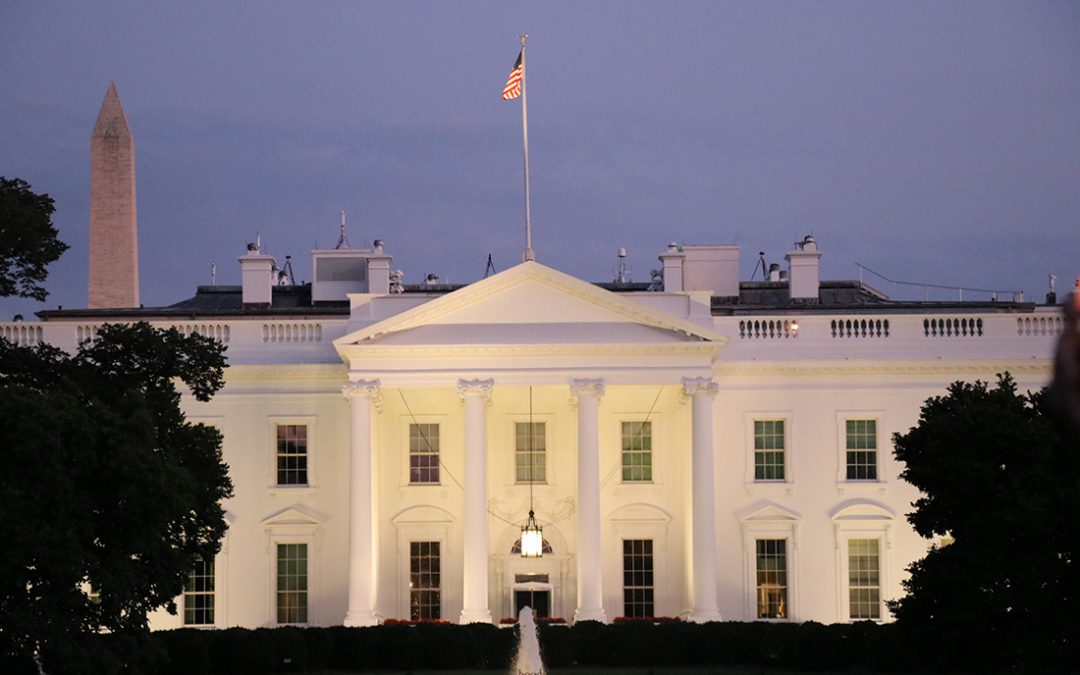WASHINGTON — Viewing climate change as a traditional threat dangerously misjudges how it affects the United States’s national security, experts told the President’s Council of Advisors on Science and Technology during a public meeting on Tuesday.
“Climate change is not an issue area at all in national security, but a pervasive background condition that is intrinsically connected to most other areas of interstate competition and cooperation,” said Erin Sikorsky, director of the Center for Climate and Security.
Experts explained how to frame worsening national security risks posed by climate change during the two-day session held by PCAST, which advises the president on policy related to science, technology, and energy decisions in coordination with the Department of Energy.
Climate security is examined through both adaptation and mitigation measures, Sikorsky explained in a follow-up interview.
“Even if [the United States] cut all emissions tomorrow, there’s still plenty of security issues that will unfold over the next 10 to 20 years,” said Sikorsky, regarding congressional efforts to adapt to the growing threat.
A key solution she offered was using the United States’s predictive capabilities to better anticipate risks around the world such as displacement due to rising sea levels and extreme temperatures. Sikorsky said it is a “missed opportunity” that the United States does not use its predictive capabilities to its advantage.
The Indo-Pacific region presents an urgent opportunity for cooperation between the U.S. and allies rising sea levels and other factors threaten to sink cities and could eventually displace roughly 40 million people in Southern Asia.
Adaptive measures like legislation on climate change have been at the center of President Biden’s agenda and the reconciliation package. However, Sen. Joe Manchin, D-Va., opposes many of the climate provisions included in the reconciliation package, which is still being negotiated. Democrats will have to compromise on many of their climate goals in order for the bill to pass.
While the climate risks remain whether or not emissions are cut through the reconciliation bill, Sikorsky said she still believes they are important.
“The more the United States does, and can lead by example, I think the better off we are,” Sikorsky said.

